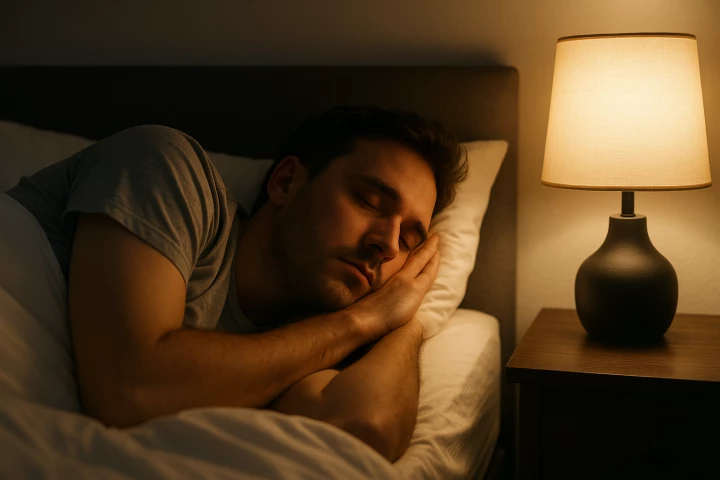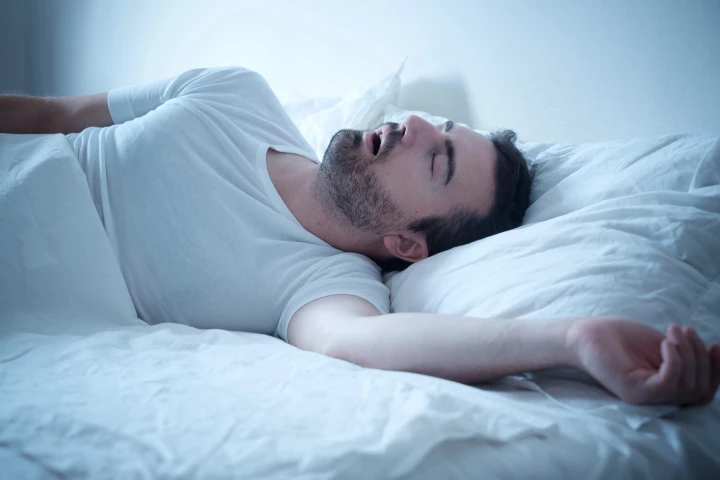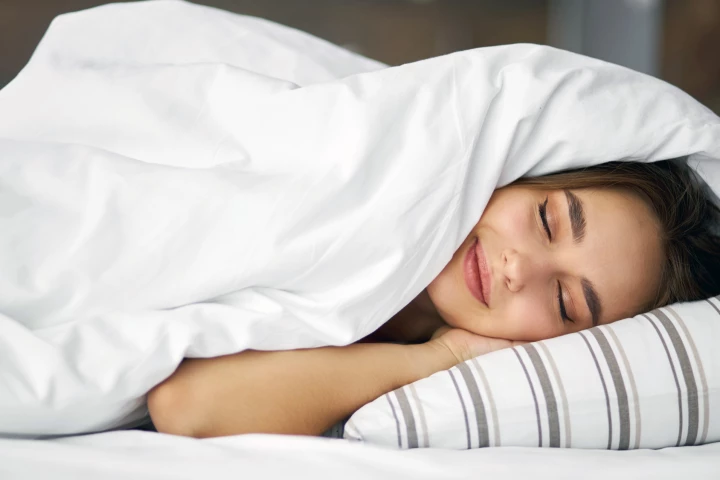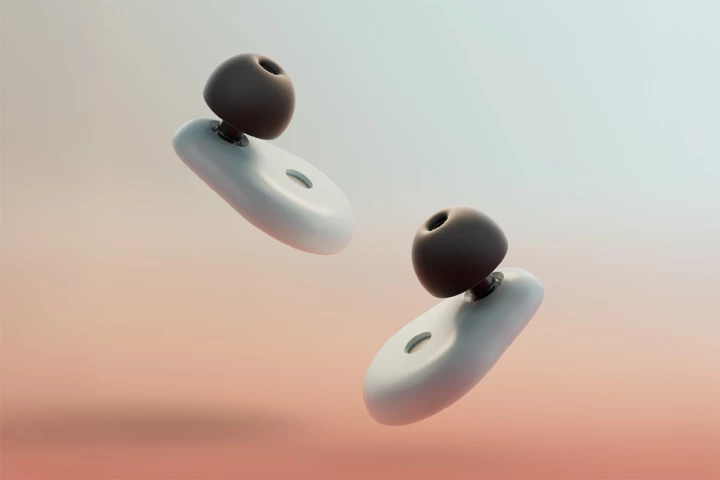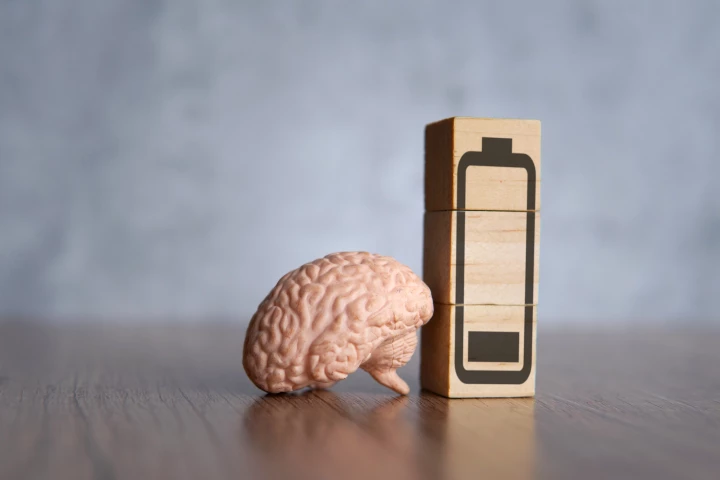Sleep
-
Researchers have shown they can achieve some control over what people are dreaming, bringing a theme that has been frequently explored in the sci-fi and horror genres off the screen and into the lab. Puzzle-solving was at the heart of the research.
-
A new study reveals jellyfish not only sleep but do so for the same portion of their day as humans, spending about one-third of the day sleeping. The findings also suggest that sleep evolved way before the brain to help maintain cells under stress.
-
In the first study of its kind, neuroscientists have shown the real-world benefits that sunlight gives the brain, beyond laboratory experiments, linking brighter and more regular daytime light to better alertness and faster attention in everyday life.
-
Rising outdoor temperatures not only make nights uncomfortable but also deteriorate the quality of our sleep, according to a recent USC study. Researchers looked at the effects of heat on several aspects of sleep, and the results are sobering.
-
A massive global study has turned up some grim news: That 87% of us are not routinely getting quality sleep and meeting physical activity levels needed for long-term health. And, scientists discover, one is more influential than the other.
-
Sleep isn't just rest, it's a crucial biological process. New MIT research has revealed why sleep deprivation causes attention slips. It found brain fluid surges usually reserved for sleep time occur during waking hours, throwing one's ability to focus
-
After examining 13 million hours of light exposure data, researchers found that experiencing bright light during the dark hours can significantly increase the risk of heart failure and heart attack. The effect was most notable in younger adults.
-
For the first time, researchers have shown that tackling obstructive sleep apnea’s two root causes at once, using both oxygen and a jaw-forwarding device, can dramatically cut breathing interruptions during sleep.
-
People living in areas of higher air pollution are at risk of more serious sleep apnea events, according to a large study spanning multiple countries. However, being aware of air quality means you can mitigate that risk to improve sleep and health.
-
You can forget the “no screens, no exercise, no snacks” bedtime rules that are designed to provide teens with good sleep. New research shows that almost all teens break them – and they still sleep just fine.
-
A UK-based company believes it's got a better way to drown out noises and help you get a good night's sleep. Somni says its new sleep earbuds are the smallest ones you'll find anywhere, and don't ever need to be charged.
-
If you deal with waves of daytime drowsiness, you might be among the estimated 33% of the population suffering from excessive daytime sleepiness. In the largest study of its kind, scientists have uncovered the condition's unique biological fingerprint.
Load More






